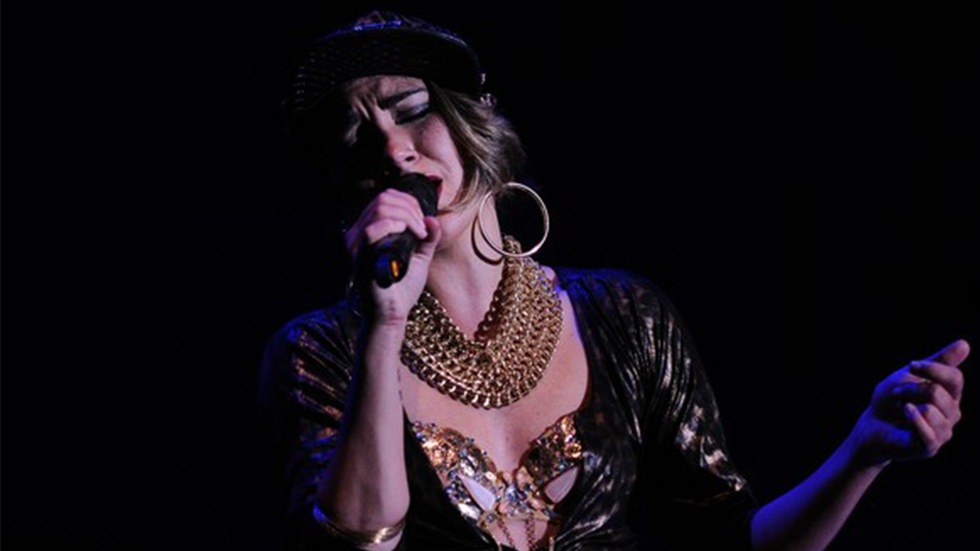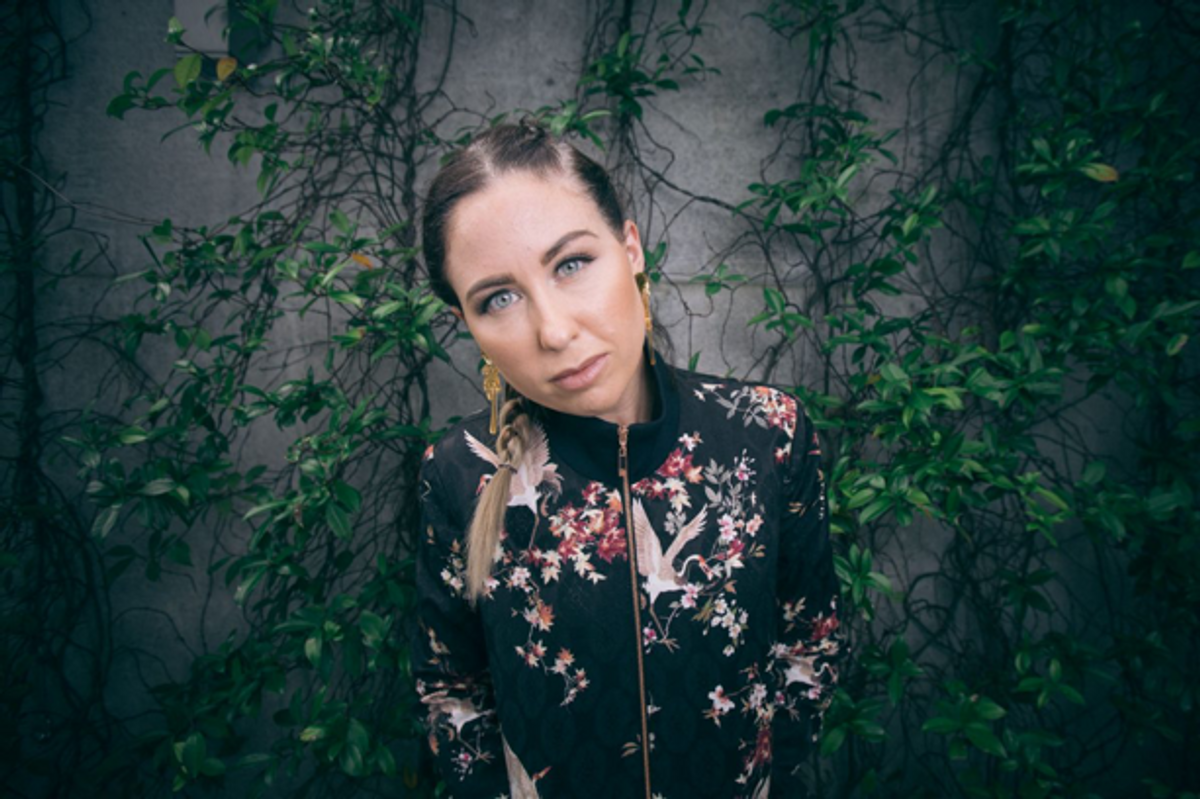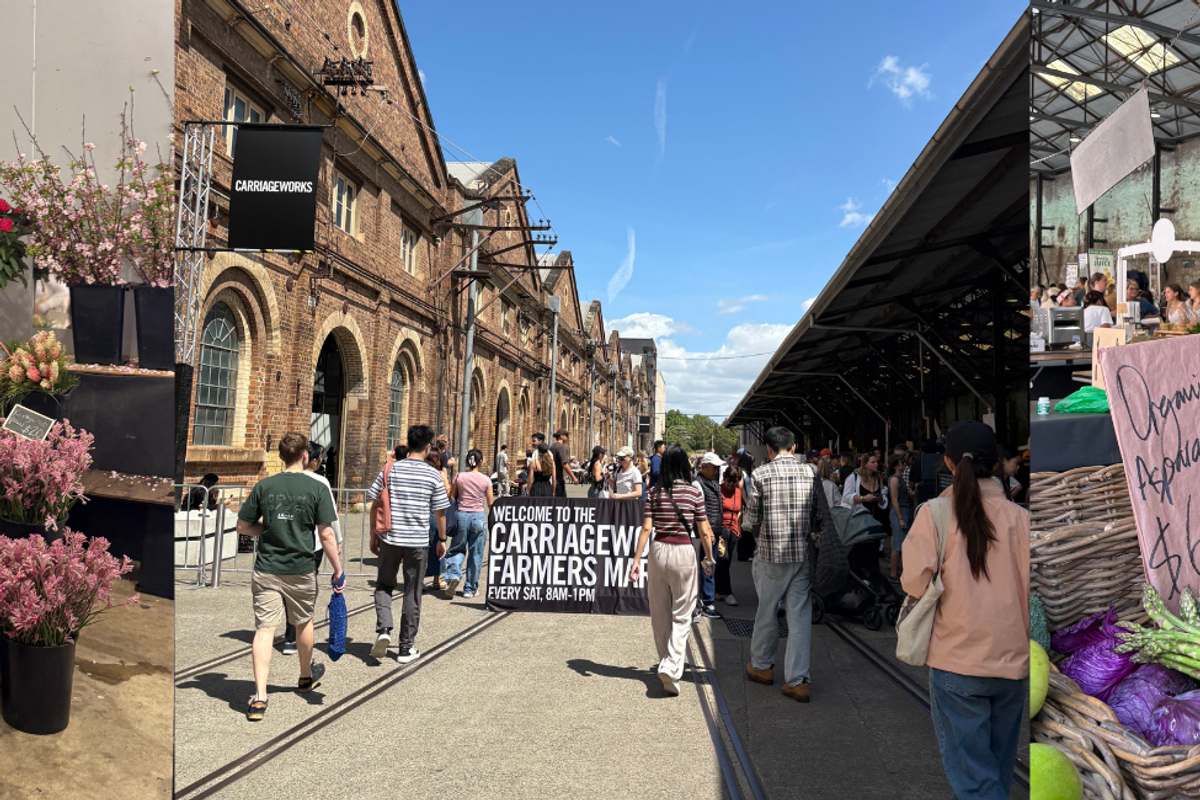The bullying and sexual harassment in the local scene take a toll and women performers say it's time for the guys to step up.
Sarah Connor remembers well the exhilaration of winning the top award from an Australian hip hop label – and the barrage of online harassment she copped as a result of it.
They said "it was an atrocity I won the award, the only reason I was played on Triple J was because I f--ked for plays, the only reason I won the award was because I must've sucked off the judge."
The up and coming hip-hop artist's apparent crime was to beat the blokes, winning the $10,000 2015 Hilltop Hoods initiative and then opening Triple J Unearthed's Come Together Festival.
More than three years later, Connor is still bruised by the experience, saying online bullying is the biggest obstacle she has faced in her career. The bullying included being sent sexually harassing videos, comments of a graphic sexual nature and pressure to quit the rap industry. She ended up closing all her social media profiles and disabling comments on her YouTube channel.
Her story is just one example of what she describes as the underlying sexist culture in the Australian hip-hop scene. "The perpetrators are white males… it's a male space," says Connor. "It's alarming; it's distressing. It was getting to a point where I could not lead a normal life."
Hip-hop originated in New York in the 1970s, with lyrics, accompanied by rhythmic beats, outlining the struggles of African-American youth. From its beginnings on the streets of the Bronx, it has grown into a multi-billion-dollar industry, historically dominated by men with little opportunity for female talent. American rapper Cardi B's breakout 2017 hit "Bodak Yellow" was only the second song by a solo female rapper to top the US Billboard charts, the first was in 1998. (At this week's Grammy awards she made history, becoming the first solo female to win best rap album for Invasion of Privacy.)
In Australia, it has slowly grown in popularity since the 1990s, primarily drawing inspiration from the British and American sub-genres. Today, it has a significant voice in Australian culture, with tracks addressing contentious social discussions such as "January 26" by A.B. Original on the Australia Day change-the-date debate and "Same Love" by Macklemore on the same sex marriage plebiscite.
On the question of women's representation in the industry though, 34-year-old Sydney-based US rapper Alphamama is damning. She acknowledges the underlying sexism that exists in her home country but says, Australia is worse. "When I was in America, I felt so supported and so celebrated for my talents. I don't feel that in Australia."

"I feel discouraged often, I feel unsupported, I feel uncelebrated," says Alphamama. "There's a lot of men, and traditionally hip-hop can be quite aggressive and derogatory in its language toward women; it can create a feeling of unsafety, a feeling of not being welcome.
'It's a boy's club… A lot of men in the music industry can't even see past their own biases and their own filters because it's so deeply ingrained in them. It's a real shame.'
For Mirrah, an Indonesian, African-American hip-hop artist, who was adopted by Caucasian parents at four months old and now lives in Australia; it is less about gender than race. She has been creating music for more than 20 years, performing as a dancer, rapper, singer and poet. She has regularly been told she does not look ''Australian'' enough to appeal to the Australian audience.
"Being a person of colour and a person of ethnicity; that's been a huge battle as a female," says Mirrah. "I luckily haven't received sexism as much from Australia; I've been very much respected, but other women have definitely been victims of that… [they] still to this day get it."
"As a female, we all have our own trials and tribulations of survival in the game," she says.
Those trials were on show at 2018's inaugural Jumanji Festival, a hip hop event staged in Melbourne and Sydney last March. It boasted some big names, including Lil Wayne, Tyga and Metro Boomin, but it made headlines for the zero presence women on the line-up.
In the wake of a social media backlash, festival organisers apologised for the lack of female artists, saying they had approached some female rappers but "opted to secure the best possible artists irrespective of gender".
Alphamama was not convinced. "I think they're full of sh-t. If all they consume is male hip-hop music, that's all they know," she says. "It's laziness and I think it's perpetuating this culture that it's ok to do that and it's not taking responsibility for the industry."
MLBRN, a Melbourne-based rapper who performed at Jumanji, says the criticism was unjustified.
"Festivals aren't obligated to make sure there are female and male artists supporting the line-ups," said MLBRN. "I believe that it comes down to the artists, no matter what age, colour or sex."
Another Jumanji performer, 24-year-old Melbourne-based rapper Midas Gold, was "disappointed".
"I didn't think that it represented hip-hop and rap music; I didn't think it truly reflected what was going on." Midas Gold said scheduling complications meant organisers could not book Cardi B for the line-up but regardless should have contacted local female talent.
Krystel Diola, a hip-hop DJ and presenter with youth broadcaster FBI Radio, says there is undoubtedly less opportunity for women in the hip-hop industry and those who are there are often sexualised to entice people to buy tickets to events. She hopes a social renaissance will lead to women being chosen for their talent, rather than their bodies.
"There needs to be a visual representation of diversity in our media spectrum," says Diola.
"There are so many women out there driving their butts off to make a career in a system that perpetually oppresses their efforts." She says the situation in Sydney is so bleak that some artists are leaving NSW, even travelling overseas, in an effort to kick-start their careers.
Years after her 2015 breakthrough, Sydney rapper Sarah Connor is still grafting away. In 2017, she released new music "Just Breathe" featuring Alphamama. She believes a cultural shift, along with support from men in the industry, is needed to start eradicating the ever-present toxic masculinity.
"It's time that male artists hold their fan bases to account. They can speak about these issues; they can address these issues," says Connor. "They can support other artists; they can make it known that they're not going to tolerate this behaviour."
Sarah Connor - No Fear - New Single - Film Clipwww.youtube.com
Additional reporting by Cindy Yu






Afraid of an egg: the tyranny of living with social media's body standards